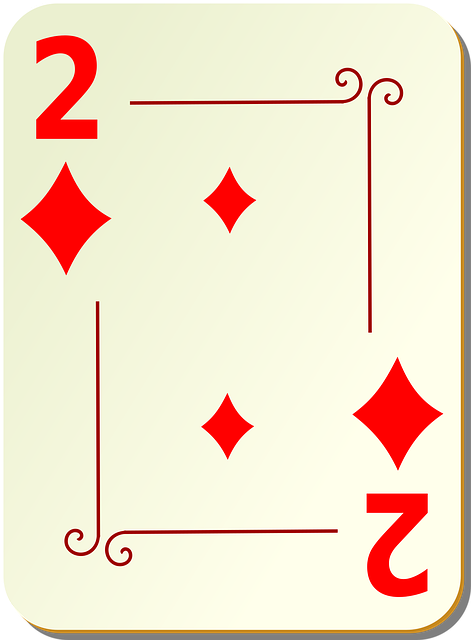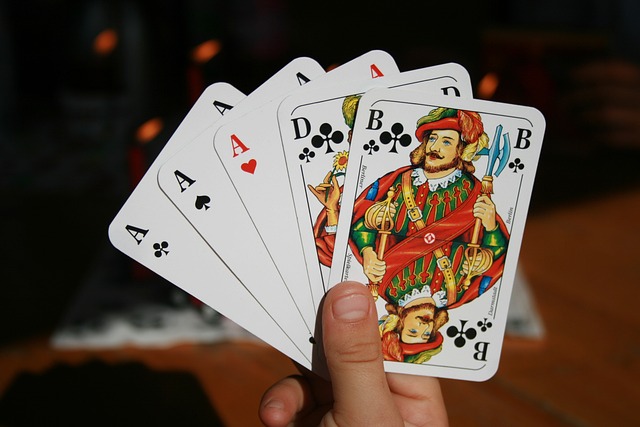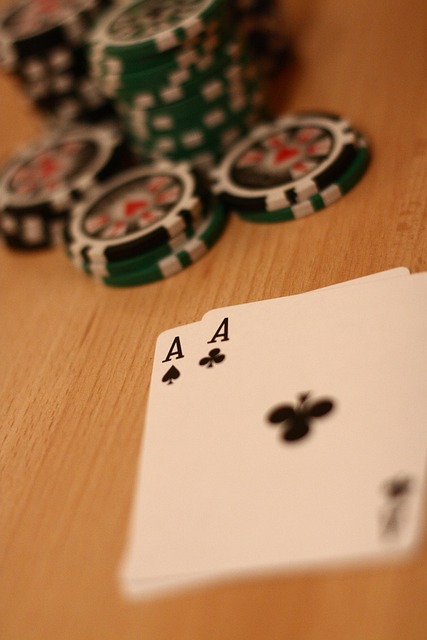Poker, a timeless global phenomenon, captivates players with its unique blend of skill and chance. To master this art form, one must grasp hand rankings, betting strategies, and the psychology of reading cards and opponents. Using a standard 52-card deck (plus jokers in variants), players aim to create superior combinations or deceive others. Key to success is strategic decision-making during rounds of betting, calling, raising, or folding. With variants like Texas Hold'em and Omaha, each with unique rules, poker offers something for every player type, ensuring its enduring popularity.
Discover the thrill of poker with our comprehensive guide on how to play. From the definition and history of this captivating game to its popular variants like Texas Hold’em and Omaha, we’ve got you covered. Learn the card ranking system, understand hand values from High Card to Royal Flush, and master the step-by-step gameplay, including blinds, betting rounds, and winning strategies. Get ready to dive into the world of poker!
- Poker Game Basics:
- – Definition and History of Poker
- – Popular Poker Variants (e.g., Texas Hold'em, Omaha)
Poker Game Basics:

Poker is a card game that has taken the world by storm, with millions of players across all corners of the globe. At its core, poker is both a game of skill and chance, where strategic decision-making meets unpredictable luck. To play poker, you’ll need a standard deck of 52 cards, plus one or more jokers (depending on the variant). Each player is dealt a certain number of cards, with the goal being to create the best possible hand according to the rank of cards.
The gameplay involves rounds where players have the option to bet, call, raise, or fold their hands. The objective is to win bets by either having the highest-ranked hand or convincing other players that your hand is strong enough to warrant them staying in the game. Learning how to play poker involves understanding hand rankings, betting structures, and the art of reading both your own cards and your opponents’ tells—making it a captivating blend of strategy and entertainment.
– Definition and History of Poker

Poker is a captivating card game that has captivated players worldwide for centuries, evolving from simple gambling practices into a sophisticated art form. Its origins can be traced back to the 18th century in North America, where various folk games laid the foundation for what we now know as poker. Over time, these early versions merged and transformed into the modern game we enjoy today. The term ‘poker’ itself is believed to have derived from the word ‘poque’, which was used in France during the 17th century.
Understanding how to play poker involves grasping its fundamental mechanics: players aim to win by forming the best combination of cards, using a standard deck of 52 cards. The game’s allure lies in its strategic depth and social interaction, where skill, psychology, and luck intertwine. Poker’s global popularity has led to numerous variations, each with its unique rules and characteristics, ensuring it remains an exciting and ever-evolving game for both casual and professional players alike.
– Popular Poker Variants (e.g., Texas Hold'em, Omaha)

Poker is a versatile game with numerous variants, each offering unique twists on the classic rules. Two of the most popular forms are Texas Hold’em and Omaha. In Texas Hold’em, players are dealt two private cards, known as hole cards, and then five community cards are revealed in three stages: the flop (three cards), the turn (one card), and the river (one card). Players aim to create the best five-card hand using any combination of their hole cards and the community cards. Omaha, on the other hand, deals each player four private cards, and they must use exactly two of them in conjunction with three community cards to form their final hand.
Both games require strategic thinking, understanding of odds, and the ability to read opponents. Learning these basics is crucial when exploring how to play poker, whether it’s for casual games or competitive tournaments. Each variant offers a distinct challenge, ensuring there’s something for every type of player in the dynamic world of poker.
Poker, with its rich history and diverse variants like Texas Hold’em and Omaha, offers an engaging gaming experience. By understanding the basic rules and strategies outlined in this guide, you’re well-equipped to take your first steps into the world of poker. Remember, practice makes perfect, so gather your friends or join online communities to hone your skills. Whether you’re a novice or looking to refine your game, learning how to play poker is both entertaining and rewarding.






